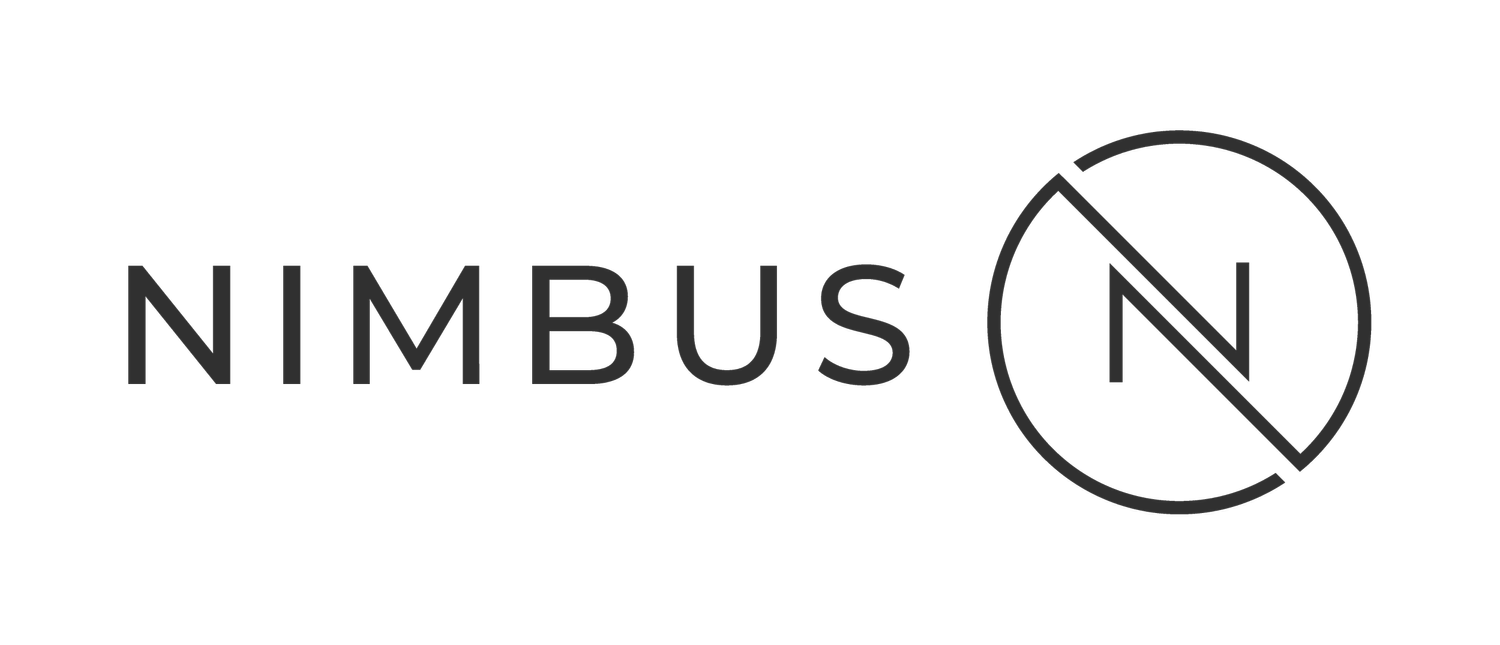How seasonality affects food businesses in NYC and Chicago
Every season brings a new set of opportunities and challenges for food businesses, especially in cities like New York City and Chicago, where weather and tourism significantly influence customer behavior. How can you turn colder months, warmer days, and weather fluctuations into profitable moments for your restaurant? Understanding the impact of seasonality can help you stay ahead of the game and maximize your business’s potential year-round.
Let’s explore how seasonality affects food businesses in NYC and Chicago on both a yearly and daily scale, and provide actionable tips on how to adapt and thrive, no matter the time of year.
Yearly and daily seasonality: two levels of change
Seasonality affects food businesses on two key levels: predictable annual cycles and day-to-day shifts driven by weather and other factors. Understanding both dynamics will help you stay agile and keep your business running smoothly, no matter the conditions.
Yearly seasonality
Every year follows a familiar seasonal pattern in both Chicago and NYC. As temperatures drop in the winter, there’s typically a surge in demand for hot, comforting meals like ramen, stews, and hot beverages. It is also common to see an increase in delivery orders. Conversely, when the weather heats up in summer, customers gravitate toward lighter fare like sushi, salads, and cold-pressed juices.
To thrive during these shifts, consider offering seasonal menu specials that highlight fresh, local ingredients. By reflecting past trends in your menu planning, you can meet customer expectations while boosting sales. Additionally, take advantage of your busiest periods by launching promotions to build momentum and help offset the slower months.
Daily seasonality
Weather patterns can also have a significant impact on a day-to-day basis. A rainy day, for instance, often leads to an increase in delivery orders and a decrease in dine-in traffic. On sunny days, especially in neighborhoods with outdoor seating, foot traffic tends to pick up. Both NYC and Chicago businesses experience these fluctuations, requiring them to stay flexible with staffing, menu items, and promotions to adjust to the conditions.
The impact of holidays and tourism
Food businesses are also influenced by seasonal holidays, events, and tourism. Catering orders typically rise around Thanksgiving, while a burger joint might see increased traffic during the Fourth of July. These key dates offer great opportunities for special promotions or themed offerings. In tourist-heavy cities like New York City and Chicago, businesses located in popular areas like Times Square or Navy Pier often experience significant spikes in foot traffic during peak tourist seasons. However, during off-peak times, such as January in NYC or early spring in Chicago, there can be noticeable dips in tourist-driven traffic. To adapt, many businesses shift their focus to local promotions, limited-time discounts, or delivery services to maintain steady revenue. Understanding these tourism-driven cycles is essential for optimizing your operations and staying profitable year-round in both cities.
Leveraging seasonality for promotions
To capitalize on seasonality, lean into your busiest times. For instance, if you specialize in soup or warm comfort foods, run targeted ads on delivery apps during rainy days to boost orders. Similarly, offering limited-time promotions during slower periods can incentivize customers to visit more frequently. For example, if winter tends to be slow for your business, give out coupons that expire within 30 days to encourage repeat visits or online orders during that season.
Seasonality's ripple effect on shared kitchen operators in NYC and Chicago
Seasonality doesn’t just impact food businesses directly—it also has ripple effects on shared kitchen operators like Nimbus. The cyclical nature of consumer behavior in cities like New York and Chicago affects kitchen demand based on membership type. At Nimbus, we’ve identified clear trends that show how seasonality shapes the way food businesses use our spaces in both cities.
In the spring and fall, we see a notable increase in long-term kitchen sales in NYC and Chicago, as food entrepreneurs seek stable, dedicated spaces to accommodate growing demand. During the winter, we often see an uptick in hourly memberships as entrepreneurs participate in holiday markets in NYC or Chicago’s Christkindlmarket, needing short-term space for seasonal production surges.
Our flexible membership options allow us to meet the needs of food businesses in both NYC and Chicago, no matter the time of year. Offering long-term and hourly rentals helps our customers adapt to seasonal shifts while providing Nimbus with consistent revenue throughout the year.
Conclusion: adaptability is the key to success
Seasonality is an inevitable part of running a food business in NYC or Chicago, but it doesn’t have to be a challenge you simply endure. Instead, it can become an opportunity for innovation and growth. By understanding the seasonal patterns in New York and Chicago, preparing for shifts in customer preferences, and taking advantage of weather-based promotions, you can keep your business thriving year-round.
In tourism-heavy areas like New York City or Chicago, knowing when high and low tourist seasons occur is crucial to making the most of busy times and staying resilient during slower months. Start by analyzing your sales data from last year, creating weather-driven promotions, and hiring staff that can adapt with you.
At Nimbus, we provide flexible, state-of-the-art kitchen spaces designed to help you navigate these seasonal changes with ease. Whether you need a dedicated long-term kitchen or short-term hourly rentals to meet increased demand during holiday or market seasons, Nimbus is here to support your business every step of the way. Our NYC and Chicago locations offer the adaptability your food business needs to thrive, no matter the time of year.
Ready to get started? Learn more about our flexible membership options and how Nimbus can help you succeed through all seasons. Contact us today to book a tour or inquire about our kitchen spaces!


